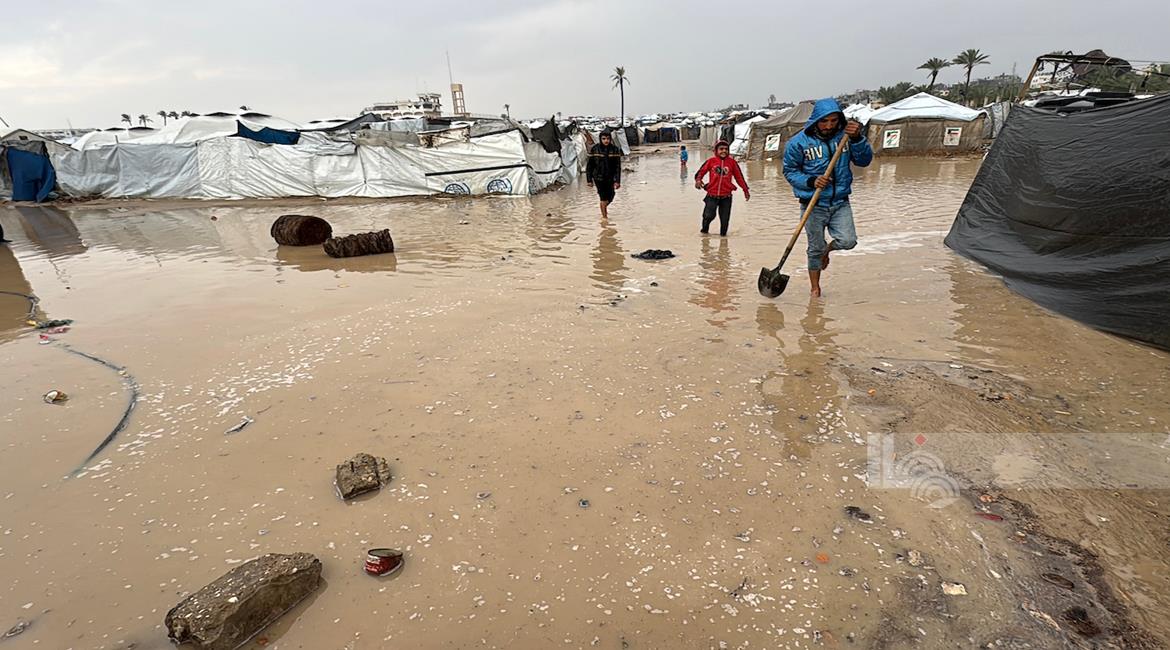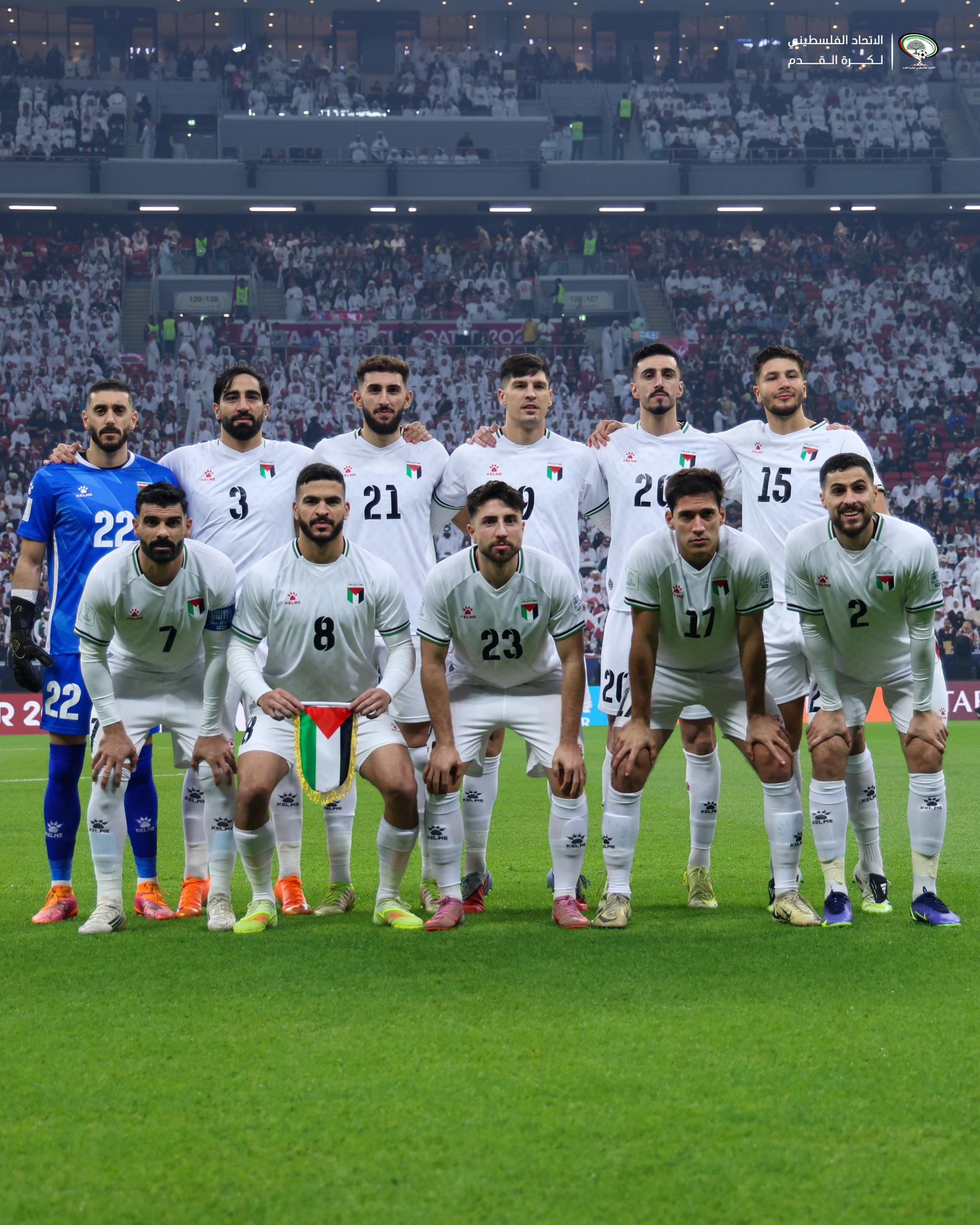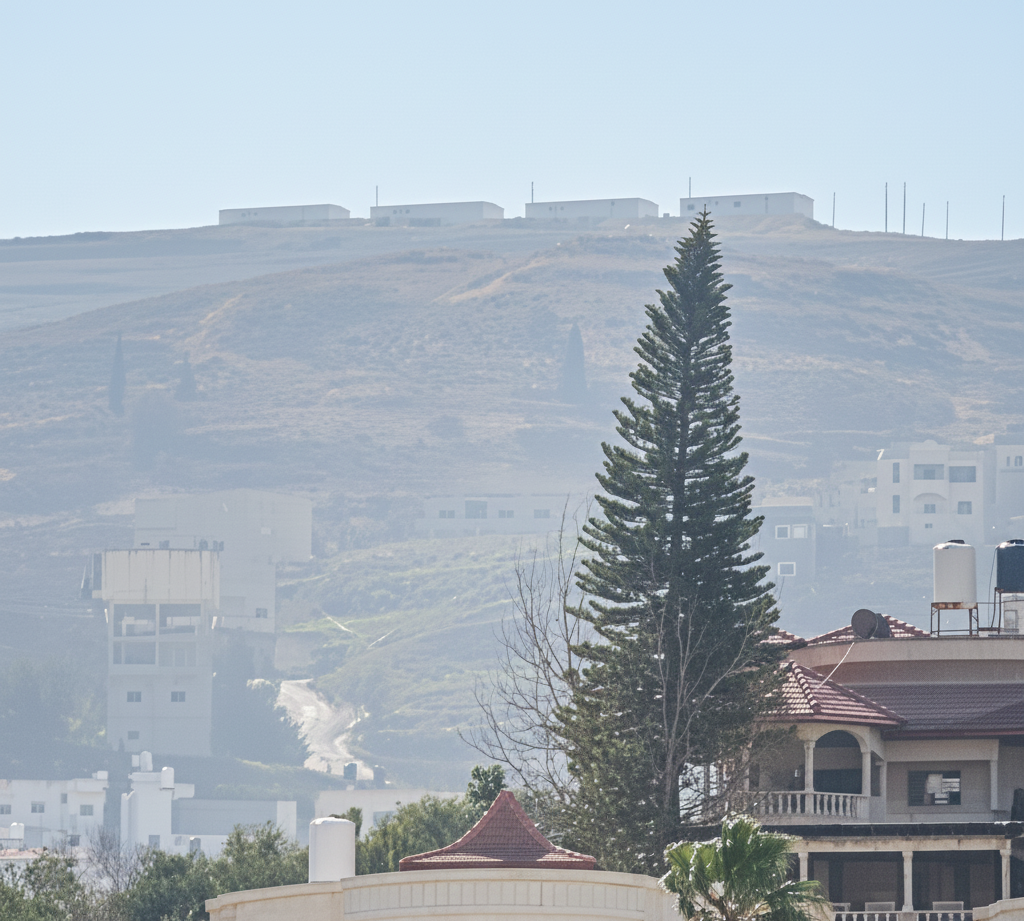By Jafar Sadaqa
TULKARM, January 21, 2017 (WAFA) - “Made in Palestine” will soon be a familiar logo in markets in North African countries such as Algeria, Tunisia and Morocco, to be later followed by Jordan and other Arab markets as the Palestinian air conditioning company, Bisan, starts exporting its products to these markets and beyond.
At the entrance to the town of Bala’a, east of Tulkarm in the north of the West Bank, stands a huge, modern and fancy building that houses the fourth largest air conditioning factory in the Middle East in the manufacturing of vertical and central air conditioners up to five tons.
Even though Bisan is the fourth largest air conditioning factory in the Middle East after Egypt, Saudi Arabia and Bahrain, yet it surpasses them in the advanced technology it applies in the manufacturing process.
Inside these big walls, which is not less fancy than the outside, preparations are underway to start production on a commercial scale once the trial production ends.
The factory manufactured a number of units for ed distribution. The feedback was positive for efficiency and ability to compete against many other air conditioning brands from different companies sold in the Palestinian market, including Israel, China, Turkey and Europe.
Bisan recently contracted distributors to market its products in Palestine.
“We are now in the production stage and we are going to start with the local market,” said Mohammad Johar, Bisan board member and its chief executive officer. “After contracting major distributers, we were able to sell all of our 2017 output,” he said.
Bisan is expected to distribute seven different models in terms of size and energy saving ranging from one to four tons. The company is planning to launch a new production line of solar-powered units by 2019.
“The Palestinian market handles around 45,000 air conditioning units a year, an increase of 6% to-7%,”Johar told WAFA. “Our estimate is that the maximum production rate is going to reach 120,000 units three or four years after we start production. We expect our share of the market to reach 52% (of Bisan production) and the rest will be exported.”
Johar thought that if the electricity situation in Gaza is resolved, then his company will be able to benefit more from that market, which currently takes only 14,000 units but is capable of taking in a lot more.
“We are very close to entering markets in Algeria, Tunisia and Morocco, and then Jordan,” he said.
At the early stages of production, Bisan’s unit components will be imported from different supplies even though they will be assembled by Palestinian engineers and technicians. Local manufacturing of most of these components will however start early next year.
“In 2018, 65% of the components of Bisan air conditioners in size and 45% in cost will be locally manufactured,” said Johar. It will include glass and plastic parts and capacitors. However, the factory will continue to import compressors, control units and motors from outside sources.
“Bisan is not only the first factory in Palestine for air conditioners but also for using advanced technology in order to have a product capable of competing in open markets,” said Johar. “A team of engineers and technicians have been trained in Egypt, which has the largest factory in this field in the Middle East and now there is a team getting training in China.”
At the moment, Bisan employs 20 engineers and technicians but this number is expected to go up to 55 by the end of the year and to reach 250 technicians and administrators by the fifth year of production, said Johar.
Competition is high among air conditioning manufacturers, with dozens of trademarks in the market.
However, the people behind the company, Bisan Holding Company, which is owned by Reach and other investors and is run by Malek Milhem, a Palestinian businessman who lives in the United Arab Emirates, in addition to Johar, one of the first Palestinian engineers specializing in air-conditioning who graduated from Trabzon University in Turkey in the 1970s, understood the competitive situation when they decided to go into this risky business.
In addition to the high efficiency and the advanced technology used in the Bisan products, the company backed its units with other competitive elements most prominent was a five-year warranty compared to one year warranty for units imported from Israel and abroad, as well as prices since Bisan models are much cheaper than the imported ones.
The factory, which was built on a six-dunum plot of land, cost around $5 million. Another $5 million will be added to the capital this year. Johar estimated the working capital to be around $36 million annually over the next five years.
“We have a plan for five years. It will start in 2017 and aims to reach maximum production, that is to make 120,000 units annually, by the year 2022. Throughout this period, Palestinian only technological products will be introduced. The factory will be expanded to include a new production line for solar-powered air conditioners, which we hope could be done in 2019, in addition to producing central air conditioning systems,” said Johar.
Creating the factory was not easy. It faced, and is still facing, big challenges.
“We were faced with some challenges that we were not able to surpass so far but we are working to overcome them in the future,” said Johar.
Competition, even though important, is not the biggest worry of the owners simply because of the high efficiency and advanced technological performance of Bisan products, which is also made available to consumers at affordable cost.
Johar considers the high cost of energy as the major challenge facing the company not only because it raises production costs, but also increases running costs for the customer, such as higher cost of electricity.
As plans to build a power-generating plant in Jenin is underway as a first step toward having locally produced electricity to be followed by other plants in the center and south of the West Bank, in addition to several solar power generating stations, Johar expects the air conditioners market to expand.
Inside the factory, production lines extend to dozens of meters. The unit moves along these lines from one worker to another. The engineers and technicians know their work. The production line goes through several glass rooms, each with a certain function including testing for efficiency. Eventually, the line ends at the packaging and storage section in preparations for distribution at the local market or later for export.
Between start and finish, it takes only seven minutes, which will drop to only two when the factory reaches maximum production.
The scene at Bisan, the Palestinian air conditioning factory, is reminiscent of production lines in industrial countries.
J.S./K.T./M.K.













